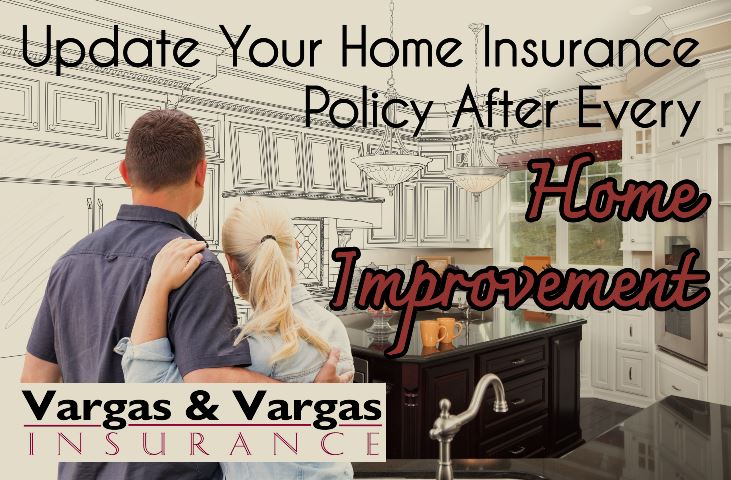Things to Consider When Shopping for Classic Car Insurance
When it comes to classic cars, they are in a unique category for insurance. It needs to be protected if you want to drive it. It doesn’t matter whether it is a vehicle that you lovingly restored yourself or if you just enjoy the nostalgia of driving a classic around. Policies for classic cars differ from the policy you have on your primary vehicle. The insured value listed in the policy will be an agreed upon amount. Also, classic cars tend to increase in value whereas modern vehicles depreciate over time. In the Dorchester, MA, our agents at Vargas & Vargas Insurance can explain your policy options to get your vehicle covered.
In order for a vehicle to qualify for classic car insurance, there are several requirements. The owner must prove that the vehicle is not their primary car. They also need to show that it is driven only occasionally. For instance, traveling to car shows. When it is not on display, it has to be stored in an enclosed garage or storage building. Most consider these requirements relatively minor.
Other than that, class car insurance has traditional auto insurance features. You can et comprehensive and collision insurance. Some offer roadside assistance or a flatbed towing in an emergency. Special coverage options include auto show medical coverage and protection when the vehicle is displayed when you are not at the show.
Our agents at Vargas & Vargas Insurance in the Dorchester, MA area can help you get the coverage that you need for your classic car. Visit the website to get started then call or come by to talk with one of our agents. You wouldn’t trust your restored beauty to just anyone. Trust it with the classic car insurance experts. Come in today for the coverage of your classic car needs!

















